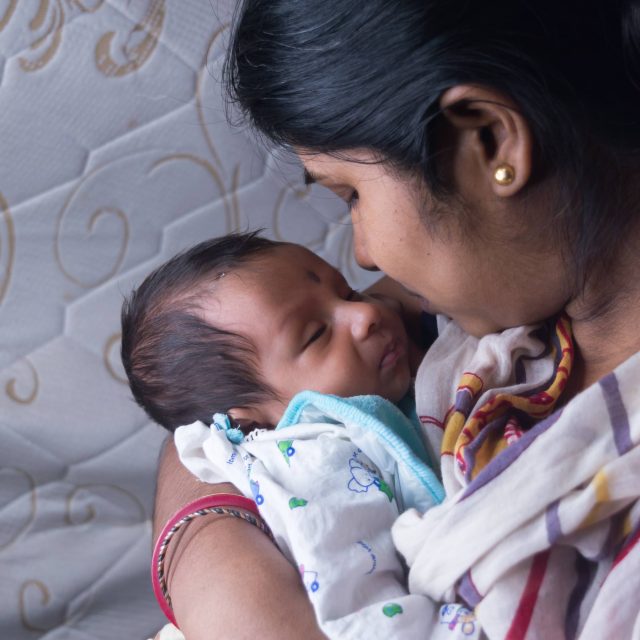2023 Gender Benchmark and 2023 Corporate Human Rights Benchmark
This year we assessed:
- 112 of the world’s largest apparel and food and agriculture companies on their responsibility to drive and promote gender equality in our 2023 Gender Benchmark. We also assessed 1,006 companies from ten sectors on the first steps that they should be taking to address gender inequality,
- 110 of the world’s largest apparel and extractives companies on their corporate human rights performance in our 2023 Corporate Human Rights Benchmark.
Key findings from our 2023 Gender Benchmark and assessment of 1,006 companies
- Performance on gender equality is dismal; in a majority of companies, women are underrepresented and their concerns unheard.
- Top companies outperform their peers in public commitments to gender equality and addressing unpaid care.
- Companies treat parental leave as benefits offered to some employees, not a right for all.
- Most companies publicly prohibit violence and harassment in their workplaces, yet few take steps to prevent and remediate it.
Key findings from the 2023 Corporate Human Rights Benchmark
- Some companies show that transformative change is possible within five years.
- Clear responsibility and capacity building is key for translating commitments into action.
- Most companies fail to include rightsholders in their human rights due diligence processes.
- Access to grievance mechanisms without trust and ownership hinders just remedies.
Joint key finding about the 55 apparel companies assessed in both benchmarks
- Suppliers are expected to respect human rights and promote gender equality but are set up to fail by buying companies.


